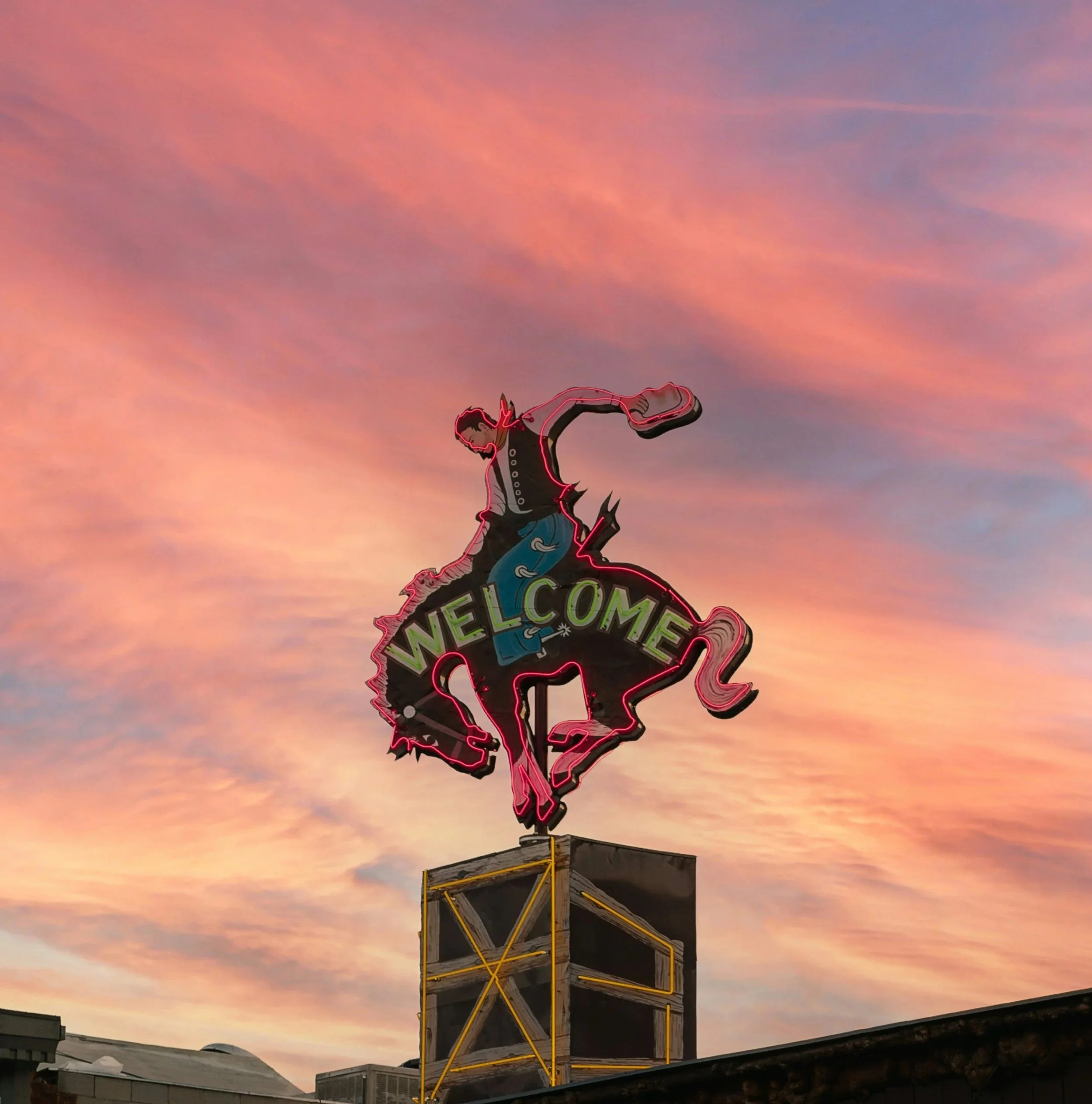To the Man Selling Broken Film

I met you on my first trip back to Ethiopia, from where my family had emigrated during the dictatorship, when I was two years old. It was 2003, and I was traveling to Harar, where my maternal grandparents were born and my mother spent happy vacations as a girl. I was with my mother and sister, hauling luggage full of clothes, gifts, one book, a beloved old Pentax K1000 manual camera given to me by my father, and not enough film. So I bought more from you.
A friend who’s a photographer later looked at my stack of black-and-white pictures and said the film looked somehow off, was possibly expired, or had maybe been exposed to too much heat. Either seemed likely as it was sweltering that visit, and expiration dates are easily fudged in the long-standing tradition of “Tourist bela,” or “Eat the tourist.” This is to say, you sold me bad film in Harar, perhaps willing to risk cheating me out of these memories, but I realize you did me a favor.
I had nurtured such romantic visions of this journey, let them take shape as the plane passed over Egypt, with its shadowless desert and the Nile stretched out below. The river played, separating into two, coming together again (an eye), splitting apart and merging like knots on a plank of wood, like the history of two hesitant lovers dancing toward and away from each other. When we approached Addis Ababa, it was night, a full moon, a new sky. That’s how I think it went, at least. I’ve taken the trip often since, and my memories of these flights blur together now. But there’s always the same progression: the desert, the river, nightfall, back again.
We only met briefly, and I can’t remember the details; those days have since become diffuse around the edges. Were you one of the vendors who teased me about my fumbling accent (and how I looked like I should know better)? Or one who offered advice about where to eat? Did you try to set me up with your son or cousin, or ask me what it was like over in the U.S.? Now I realize that all I have of you are these photographs. You are in none, but yet there you are.
The whites in the photos glow a bit more than they should. At times, the grays recede into some flattened dimension, like they’re painted onto the paper with no relief. The effect is to both subtly highlight and hide what’s happening in the photograph. A gharry looks as if it’s drawn by an electric white horse. A rock wall in front of an unassuming stucco house appears half-crumbling, half-lit. Somehow this feels okay—even true. I’d always been told about this city through the distorted lens of our diaspora, which cast it in the light of a wistful nostalgia, but also reduced it, too, since the terrors of the dictatorship were not as freely recounted as childhood summers in the enchanted city of Harar: haloed, ever-bright.
When we reached Harar on that first trip, family I didn’t remember approached us shouting out guttural ululations. We hugged and kissed in a dizzying dance until they turned away, faced the wall, fell to their knees and thanked the Lord that we, who had left during the country’s darkest days, were here again. We spent much of our time at the mesob, the table. When we were not eating, we were sipping tea or coffee served in delicate cups that fit into the curve of my palm. We’d go house to house to visit relatives. We saw the old family home, and on the way, encountered a funeral tent where a relative realized he knew some of the mourners. We visited empty plots of land to imagine how things had once been, to understand what remained and what no longer was.
Is it familiar? someone asked me, half joking, half not. There is probably no better answer, no better way to capture that experience, I realize, than through photographs that looked a little magical, slightly askew—fallen out of time or forgotten too long in the sun.
ABOUT THE AUTHOR
Meron Hadero is an Ethiopian-American writer working on a novel set in Ethiopia. Her short stories appear or are forthcoming in Boulevard, The Missouri Review and Best American Short Stories 2016. Her favorite spot on the globe (that's not on anyone else's list)? It’s a toss-up between the San Juan Islands of the Pacific Northwest and Lalibela, Ethiopia—a city some 1,000 km northwest of where this stranger sold her bad film.
Header image by Jeff Ma










